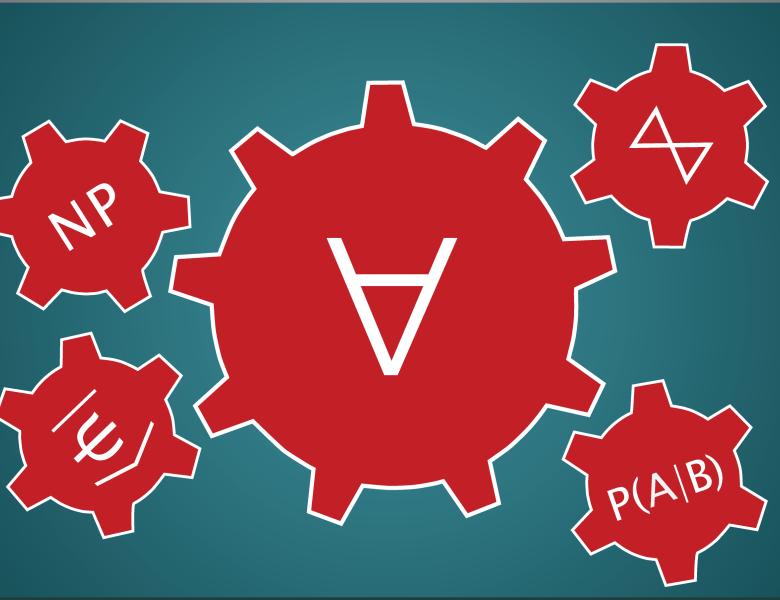Image

Any braided monoidal category comes with a built-in notion of space, namely, a meet-semilattice of so-called idempotent subunits. For a classical example, in a sheaf category this recovers the lattice of open sets of the base space. But the theory also captures non-cartesian examples such as Hilbert modules and quantales. There is an accompanying notion of support, showing 'where' a morphism acts, that satisfies a universal property. The meet-semilattice can be completed to a commutative quantale via the Yoneda embedding. Finally, there is an appropriate notion of restriction or localisation. This can be used to model control flow and contextuality in categorical program semantics and reason about it using categorical logic.